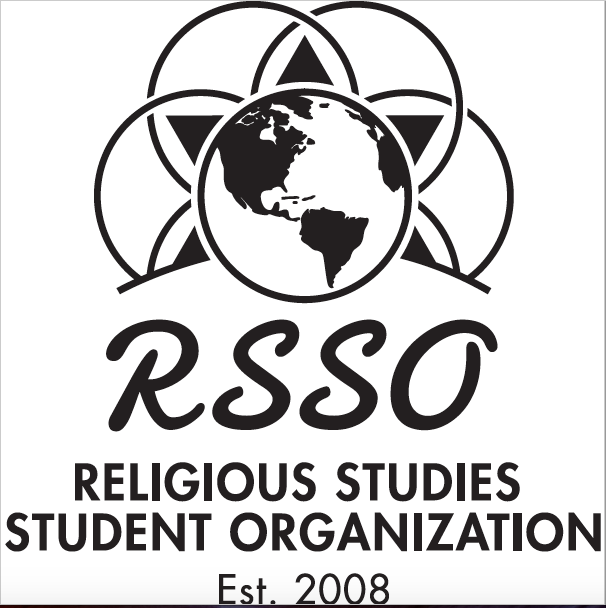An Exploration of Gavin Langmuir’s Theories of Rationality Using an Interdisciplinary Approach
Start Date
10-4-2021 9:15 AM
End Date
10-4-2021 10:20 AM
Abstract
In 1990, Gavin Langmuir produced two single-authored monographs: History, Religion, and Antisemitism, and Toward a Definition of Antisemitism. Across these two texts, he offers a bifurcation of the two terms anti-Judaism and antisemitism. This bifurcation is compounded by additional terminology regarding rationality. Used together, these books clarify his definitions of nonrational anti-Judaism and irrational antisemitism. This paper and presentation will explore different ways to define, describe, and theorize about rationality. More specifically, I will use fields of psychology, historiography, anthropology, and religion in an attempt to offer updated definitions of rational, irrational, and nonrational to assess and better understand anti-Judaic and antisemitic material culture produced between the twelfth and fifteenth centuries in Spanish and Iberian Europe.
Langmuir postulates that in the 11th century many Christians began to experience new doubts about their own theological convictions but also about their attitudes and perceptions about Jews and Judaism.1 Embedded in these doubts, Langmuir suggests three types of thinking directly relevant to “religious thought and action:” rational empirical, nonrational, and irrational that drove Christian thoughts, specifically thoughts about Jews and Judaism.2 This paper will be the beginning of a deep-investigative overhaul of Langmuir’s ideas surrounding rationality.
My overall interests lie in the applicability of using nonrational anti-Judaism and irrational antisemitism to better understand the representations of Jews in a Medieval Spanish context. For this presentation, I hope to explore 1.) how definitions of rationality have changed in the three decades since Langmuir’s monographs were published; 2.) how religious studies and religion have dealt with definitions of rationality; and 3.) what limitations and critiques face Langmuir’s existing definitions and future implications of this project?
1 Gavin I. Langmuir, Toward a Definition of Antisemitism (University of California Press, 1990), 100. These differences are discussed in length in Chapter 5 of Toward a Definition, and chapters 8, 9, 11, & 12 in History, Religion, and Antisemitism.
2 Langmuir, 102.
An Exploration of Gavin Langmuir’s Theories of Rationality Using an Interdisciplinary Approach
In 1990, Gavin Langmuir produced two single-authored monographs: History, Religion, and Antisemitism, and Toward a Definition of Antisemitism. Across these two texts, he offers a bifurcation of the two terms anti-Judaism and antisemitism. This bifurcation is compounded by additional terminology regarding rationality. Used together, these books clarify his definitions of nonrational anti-Judaism and irrational antisemitism. This paper and presentation will explore different ways to define, describe, and theorize about rationality. More specifically, I will use fields of psychology, historiography, anthropology, and religion in an attempt to offer updated definitions of rational, irrational, and nonrational to assess and better understand anti-Judaic and antisemitic material culture produced between the twelfth and fifteenth centuries in Spanish and Iberian Europe.
Langmuir postulates that in the 11th century many Christians began to experience new doubts about their own theological convictions but also about their attitudes and perceptions about Jews and Judaism.1 Embedded in these doubts, Langmuir suggests three types of thinking directly relevant to “religious thought and action:” rational empirical, nonrational, and irrational that drove Christian thoughts, specifically thoughts about Jews and Judaism.2 This paper will be the beginning of a deep-investigative overhaul of Langmuir’s ideas surrounding rationality.
My overall interests lie in the applicability of using nonrational anti-Judaism and irrational antisemitism to better understand the representations of Jews in a Medieval Spanish context. For this presentation, I hope to explore 1.) how definitions of rationality have changed in the three decades since Langmuir’s monographs were published; 2.) how religious studies and religion have dealt with definitions of rationality; and 3.) what limitations and critiques face Langmuir’s existing definitions and future implications of this project?
1 Gavin I. Langmuir, Toward a Definition of Antisemitism (University of California Press, 1990), 100. These differences are discussed in length in Chapter 5 of Toward a Definition, and chapters 8, 9, 11, & 12 in History, Religion, and Antisemitism.
2 Langmuir, 102.

